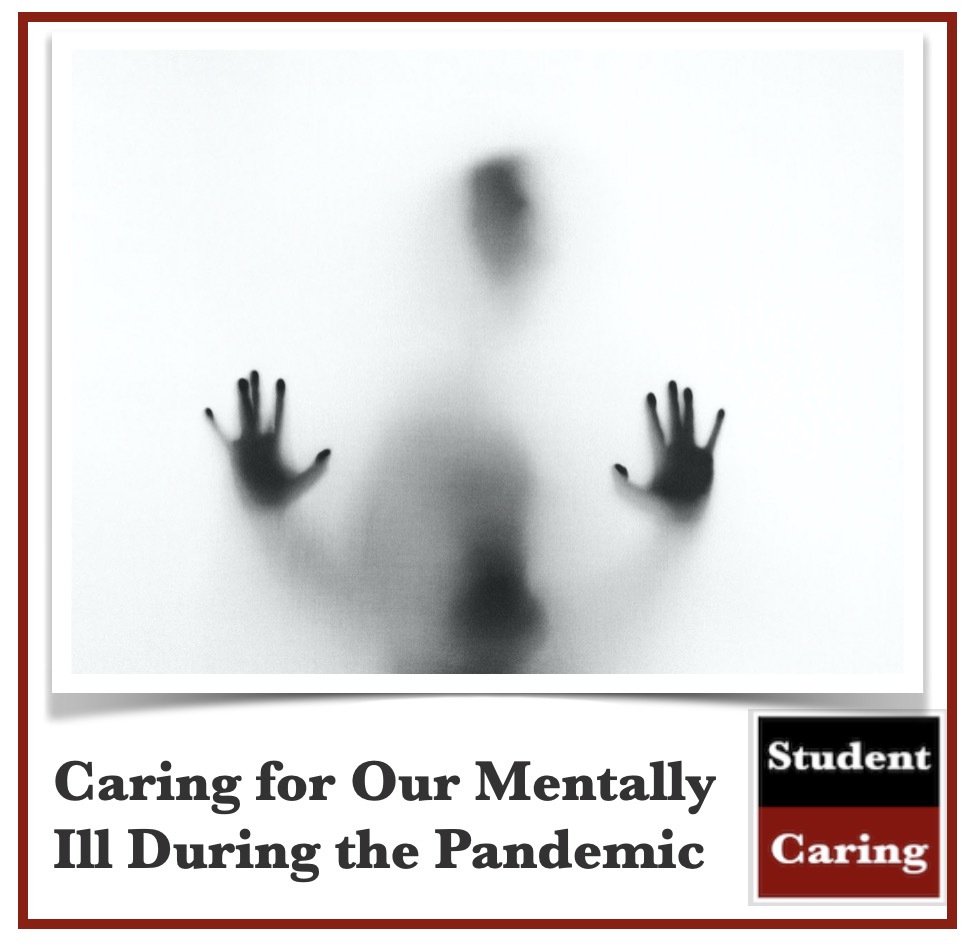
Image courtesy of Unsplash
The rise of a pandemic, a complete shift in lifestyle and economic strains are challenging everyone these days. For those who already struggled with mental health concerns, this is the perfect storm. If you care for someone with mental illness, The Student Caring Project suggests letting the following resources be your go-to during this difficult time.
Finding Assistance
First thing’s first. As well-intentioned as you may be, you might come to realize that the person you care for needs more advanced assistance than you can provide. Don’t travel this road alone—find the right connections to ensure a better quality of life.
- Learn the signs that indicate it’s time to turn to someone for help.
- Those in need of immediate assistance can find help through the APA’s list of emergency resources.
- A quick search will connect you with professional therapists who can provide ongoing counseling and support services.
- Therapy doesn’t have to be expensive; there are still options, even for those who don’t have insurance.
- Just need a breather? Engage with The Student Caring Project for articles, ideas, and resources suitable for parents, students and professors.
Basic Essentials
Being well-informed is a must when supporting someone with an illness of any sort. Learn more about how COVID-19 is having an effect on those with mental health concerns, as well as about symptoms and warning signs that things are getting too challenging.
- Mental illness covers a broad range of concerns, but there are key warning signs to watch for.
- People with severe mental illness are at higher risk for complications from COVID-19.
- Distancing for the sake of physical health is not without mental health consequences.
- Be alert to subtle indicators that someone is reaching their limit.
Lifestyle Helps
There are a number of simple things that can be done to improve mental wellness. Show your support by sharing information and making changes together.
- Sleep and mental health go hand-in-hand, and most people do better with more sleep.
- On the other side of the coin, an exercise regimen can also give mental health a boost.
- You might be surprised at the effect certain foods can have on mental health.
- Turn to supplements to fill nutritional gaps in the battle for mental well-being.
- Consider CBD creams as a safe over-the-counter remedy for issues like anxiety, inflammation and acne.
Now is a tough time for everyone. Connect with assistance as needed, address basics, and refresh lifestyle habits for improved mental wellness. And keep these resources from The Student Caring Project handy so you can turn to them on difficult days.

0 Comments